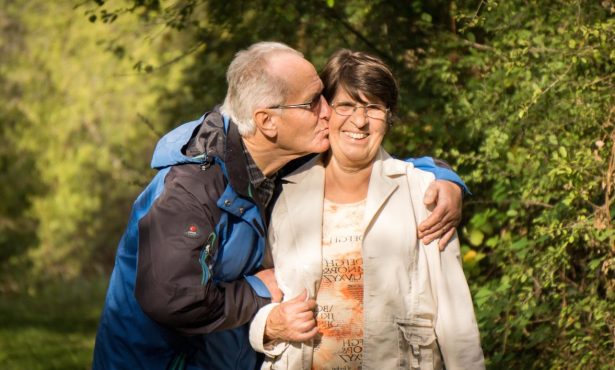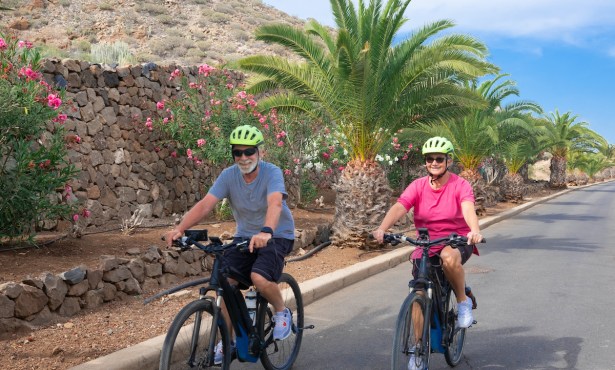Finding a New Way to Remember Home
Multiple Santa Barbara Facilities Focus on Memory Care
About 5.8 million Americans live with age-related dementia, according to the Alzheimer’s Association, and every 65 seconds, a new individual develops Alzheimer’s. By 2050, the number of people age 65 and older with Alzheimer’s dementia is projected to grow to nearly 14 million. No wonder there’s been a rise of “memory care” facilities in recent years, where services are customized to treat those with dementia issues.
“There are so many logistical aspects to consider to ensure the safety of a person with cognitive impairment,” said Marcy Maler, an educator and care specialist with the Santa Barbara chapter of the Alzheimer’s Association. “When family members downplay their loved one’s level of functioning and care needs, they also put him at a higher risk of danger. If we find something unpleasant or frightening, when denial exists there runs a risk of getting improper care. It is important to have a realistic perspective about your loved one’s illness to effectively support your loved one as well as yourself. Dementia education will be your closest ally.”
No matter the reasons why, the transition can be most challenging for the loved ones left behind, who must persevere and trust the process. “The emotional process is similar to taking your child to daycare,” said Andrea Katz, executive director of The Oaks Cottage, one such facility in Santa Barbara. “You want to trust that your child is in a safe, kind, and meaningful environment.”
Peggy Renker, an advisor for Senior Living Consultants, has seen an exponential rise in the need for memory care in recent years. The safety and security of residents is the paramount worry, and that can be assessed in part via staffing ratios. But it usually comes down to money when choosing a home that fits.
“Financial considerations are generally the overriding factor in narrowing down options,” said Renker. “All of our Assisted Living and Alzheimer’s Care homes are private pay. Families are often surprised by this and the fact that Medicare does not cover the costs of placement.”
Call the Alzheimer’s Association at 892-4259 or visit alz.org/cacentral
coast. To learn about The Oaks, see oakcottagesb.com, and Senior Living Consulants, see sbseniorlivingconsultants.com.



